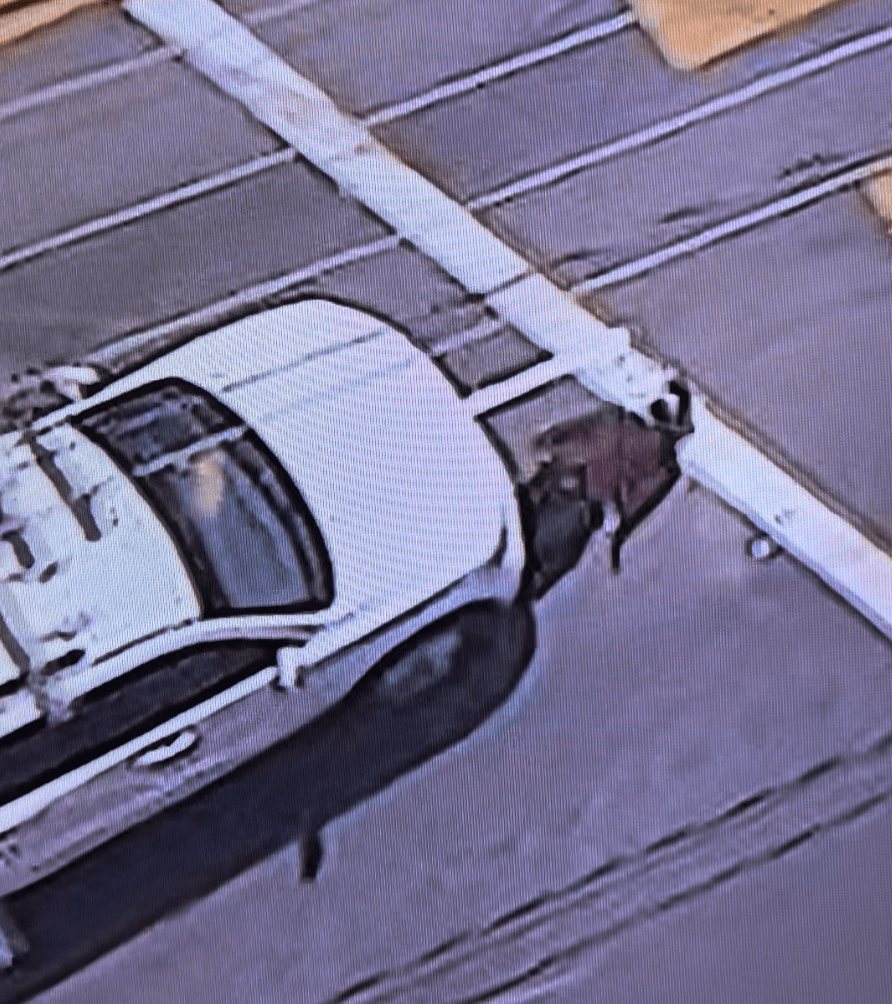Rejoice, Angelenos, can finally go back to therapy!
If you are one of the 4.9 million Kaiser Permanente members in Southern California who have been unable to see your regular therapist since mental health workers began striking in October 2024, the good news is that the strike is finally over. The open-ended strike that stretched on for a brutal six-and-a-half months became the longest strike by mental health workers in U.S. history. The 196-day work stoppage included thousands of therapists, psychologists, psychiatric nurses, and social workers in the Southern California region. With nearly 10 million members across the state, Kaiser Permanente is the largest healthcare provider in California.
The National Union of Healthcare Workers (NUHW) voted Thursday, May 8, to ratify a new four-year contract, which ensures that workers will receive increased wages and benefits, as well as dedicated work hours outside of patient care. According to NUHW’s press release, Kaiser only guaranteed full-time therapists two hours per week to perform “critical patient duties” prior to the contract’s ratification. Those critical duties include making appointment notes, responding to patient calls and messages, and designing treatment plans. Therapists will now have a guaranteed five hours per week, which is a significant improvement, but still considerably lower than the seven guaranteed hours given to Kaiser therapists’ Northern California counterparts.
In addition to added benefit pensions, Kaiser mental health workers will also receive a 20 percent raise over the next four years. Despite the improved working conditions, the union notes that mental health therapists will still make up to fifty percent less than other Kaiser healthcare workers in comparable positions, such as physical therapists. In NUHW’s statement, the union emphasized that the new contract “does not establish equity for behavioral health within a Kaiser system that has been cited numerous times for mental health violations over the past two decades.”
But a hard-fought win is still a win, and union members will continue the fight to end inequities for mental health care workers and patients alike. Plus, after a long six-and-a-half months without access to their trusted therapists, Kaiser members in Los Angeles can finally go back to their regularly scheduled therapy sessions. And after surviving the last six months of horrors, including historic wildfires, skyrocketing costs of living, and Governor Gavin Newsom starting a podcast, I can’t think of a group of people who could benefit from therapy more than the people of Los Angeles.
Official statement by Kaiser Permanente below.
Kaiser Permanente spent the last nine months bargaining with the National Union of Healthcare Workers (NUHW). We heard their concerns, shared ours, and continued to focus on delivering the care our members need and deserve, even while the union called the strike they had been promising before bargaining even began.
We reached an agreement on May 4, which the union’s members, our employees, overwhelmingly ratified this week. It’s disappointing that in the same announcement of the contract ratification, the union continues to disparage our organization and misrepresent the facts.
The truth is that the key issues in bargaining were the union’s demands for much higher wages, a different pension, and much less time spent treating patients. Throughout bargaining, we continued to protect our patients’ access to appointments and to balance wage and benefit increases with the need to keep care affordable for our members.
The union was demanding pay increases that would’ve meant wages that were nearly 40% above what others are paid in Southern California. In January, we offered the union a 19% wage increase, which they rejected at the time. This final agreement resulted in a 1% adjustment to that offer.
The union demanded a change in their pension to a defined benefit plan. Instead in our final agreement, we converted their existing defined contribution plan to a new design with the same cost, to mitigate concerns over escalating costs in the future.
The union demanded nearly 50% of therapists’ time be spent away from direct patient care, which would have significantly reduced the number of therapy appointments we could offer our members. In February we presented our proposal for non-direct patient time, which offers a reasonable allocation of time balanced with our patients’ need for care. Our offer was not altered in the final contract agreement in May.
Importantly, the agreement includes provisions for a new model of care, which will build on the strengths of our existing model in Southern California. We’ve been able to provide timely access to exceptional care, which our members deserve and expect, in part through our extensive network of more than 13,000 mental health providers.
This network helped us ensure that during the NUHW strike, our patients in crisis received care 24/7, urgent needs were addressed within 48 hours, and patients with non-urgent needs were seen on average within six days — a standard that exceeds state requirements. We successfully delivered a 10 % increase in visits during the strike, thanks in large part to our high-quality external provider network. This success is part of the future way we will deliver care.
Although the criticism and misrepresentations by the union are disappointing, we are pleased to have reached this agreement and to have our mental health clinicians return to caring for our members and patients across Southern California.
Updated on May 16 with statement by Kaiser Permanente.







